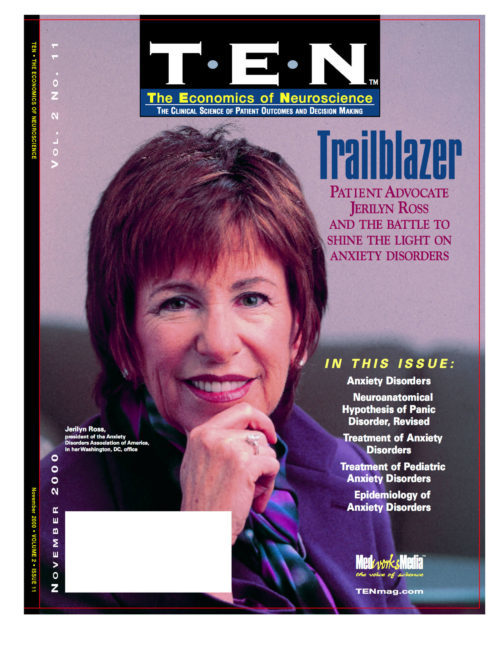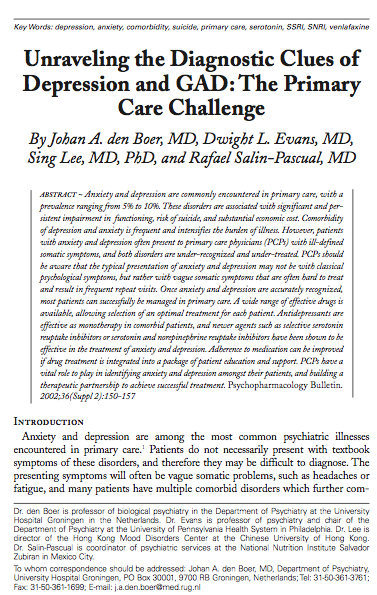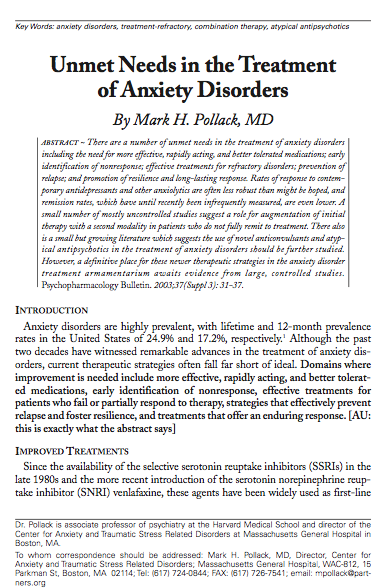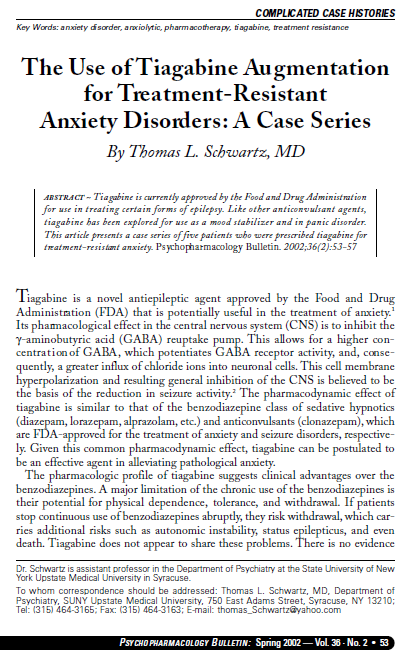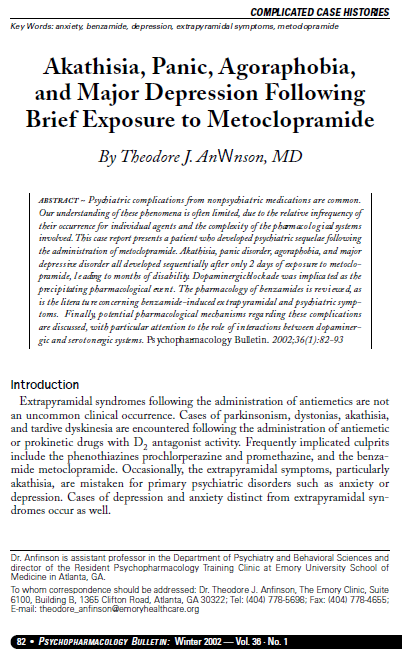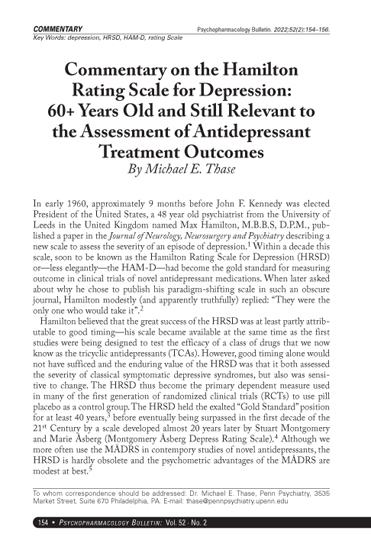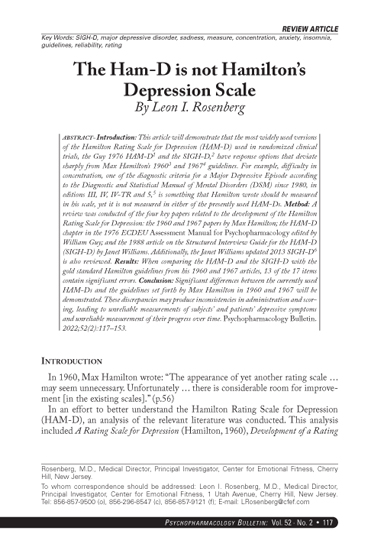Anxiety Disorders (Types)
Somatic symptom disorder
Illness anxiety disorder, sometimes called hypochondria or health anxiety, is worrying excessively that you are or may become seriously ill. You may have no physical symptoms. Or you may believe that normal body sensations or minor symptoms are signs of severe illness, even though a thorough medical exam doesn’t reveal a serious medical condition.
If you have a medical condition or you’re at high risk of developing one, you become consumed with worry. You may experience excessive anxiety that a body sensation associated with a known illness signals a much greater threat than actually exists. This excessive anxiety — rather than the physical symptom itself — results in severe distress that can be disabling.
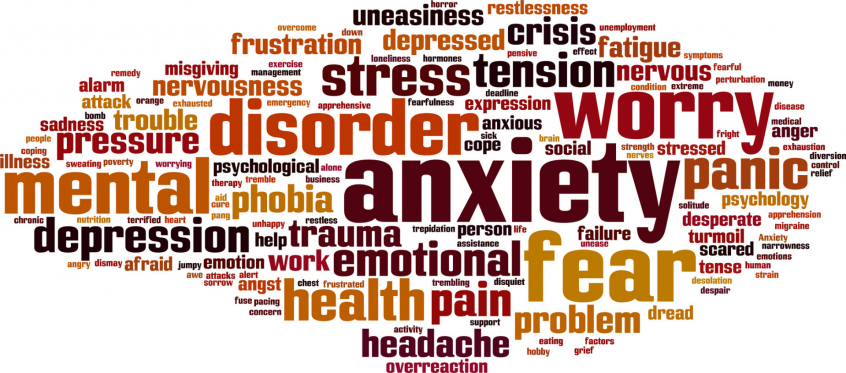
Illness anxiety disorder is a long-term condition that can fluctuate in severity. It may increase with age or during times of stress. But psychological counseling (psychotherapy) and sometimes medication can help ease your worries.
Hypochondria
The Diagnostic and Statistical Manual of Mental Disorders, Fifth Edition, published by the American Psychiatric Association, no longer includes hypochondriasis — also called hypochondria — as a diagnosis. Instead, people previously diagnosed with hypochondriasis may be classified as having one of these disorders:
- Illness anxiety disorder, especially if there are no physical symptoms or they’re mild
- Somatic symptom disorder, especially if there are multiple or major physical
Symptoms of Anxiety Disorders
Symptoms of illness anxiety disorder involve preoccupation with the idea that you’re seriously ill, based on normal body sensations (such as a noisy stomach) or minor symptoms (such as a minor rash). Signs and symptoms may include:
- Being preoccupied with having or getting a serious disease or health condition
- Worrying that minor symptoms or body sensations mean you have a serious illness
- Being easily alarmed about your health status
- Finding little or no reassurance from negative test results or a doctor’s reassurance that you’re healthy
- Worrying excessively about a specific medical condition or your risk of developing a medical condition because it runs in your family
- Having so much distress about possible illnesses that it’s hard for you to function
- Repeatedly checking your body for signs of illness
- Frequently making medical appointments for reassurance — or, avoiding medical care for fear of being diagnosed with a serious illness
- Avoiding people, places or activities for fear of health risks
- Constantly talking about your health and possible illnesses
- Frequently searching the Internet for causes of symptoms or possible illnesses
When to see a doctor
Because symptoms can be related to health problems, it’s important to be evaluated by your health care provider if this hasn’t already been done. If your provider believes that you may have illness anxiety disorder, he or she may refer you to a mental health provider.
Caring for a loved one
Significant health anxiety can cause real distress for the person, and reassurance isn’t always helpful. Sometimes, providing reassurance can make things worse. This can be frustrating and cause stress on families and relationships. Encourage your loved one to consider a mental health referral to learn ways to cope with illness anxiety disorder.



